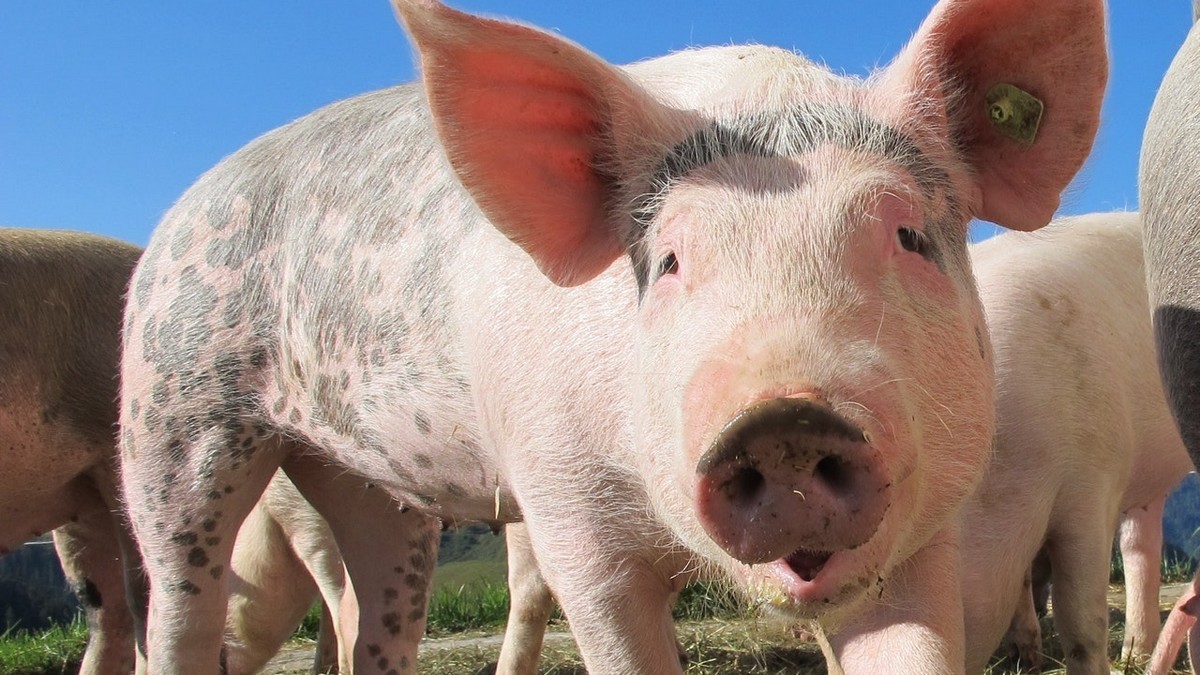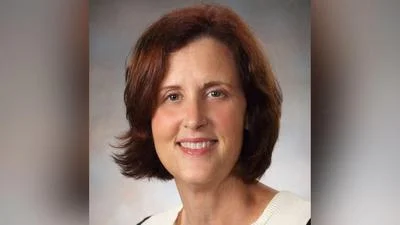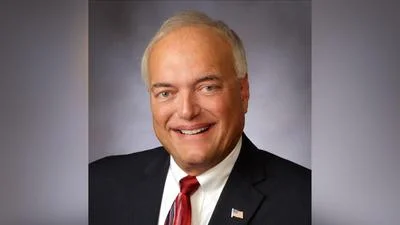MOUNT VERNON – Knox County hobby farmers should take hygiene precautions to keep their farm animals and themselves safe from even a slight chance of catching COVID-19.
No cases of chickens, cows, horses, pigs or sheep getting the coronavirus have been reported, but no studies have been performed on farm animals’ susceptibility to the disease, The Ohio State University College of Food, Agricultural, and Environmental Sciences (CFAES) website reported.
Lab studies have shown some pigs were susceptible to catching the disease, but they don’t seem to spread or catch the virus very easily, Scott Kenney, an assistant professor of veterinary preventive medicine at CFAES, told the website.
Farm animals and pets have not been considered as having significant roles in the transmission of the coronavirus. But domestic cats, some dogs, ferrets and minks have become infected.
A Knox County farmer is more likely to catch the coronavirus from other people than from their farm animals. But they still should wear masks while working, Kenney said.
Farmers who are sick should avoid their animals and get someone else to work with them.
“Instead of thinking, ‘Oh, my animals can’t catch my cold,’ it’s important to consider that these animals could breathe in your virus," Kenney told CFAES. "It only takes a couple of mutations for these viruses to switch to another species."
Farmers should wash off their boots and use a hand sanitizer before leaving a building to head to another.
“More frequent washing means they are less likely to carry germs from one pen to the next or home with them,” Kenney told CFAES.
Kenney plans to study if farm animals are susceptible to COVID-19 with the help of colleagues. He’ll make “Ask the Expert” presentations about the risk at the 2020 Farm Science Review being held virtually by CFAES from Sept. 22-24, accessed via fsr.osu.edu.
The show about the latest research and technology in farming is free, but visitors must register.
Like many other viruses in the past few years, the novel coronavirus at the heart of COVID-19 got its start in animals before mutating and adapting to spread to people, CFAES reported. This shift from animals to people has been on the rise as people cultivate more acres, coming into contact with wildlife as the forests disappear.







